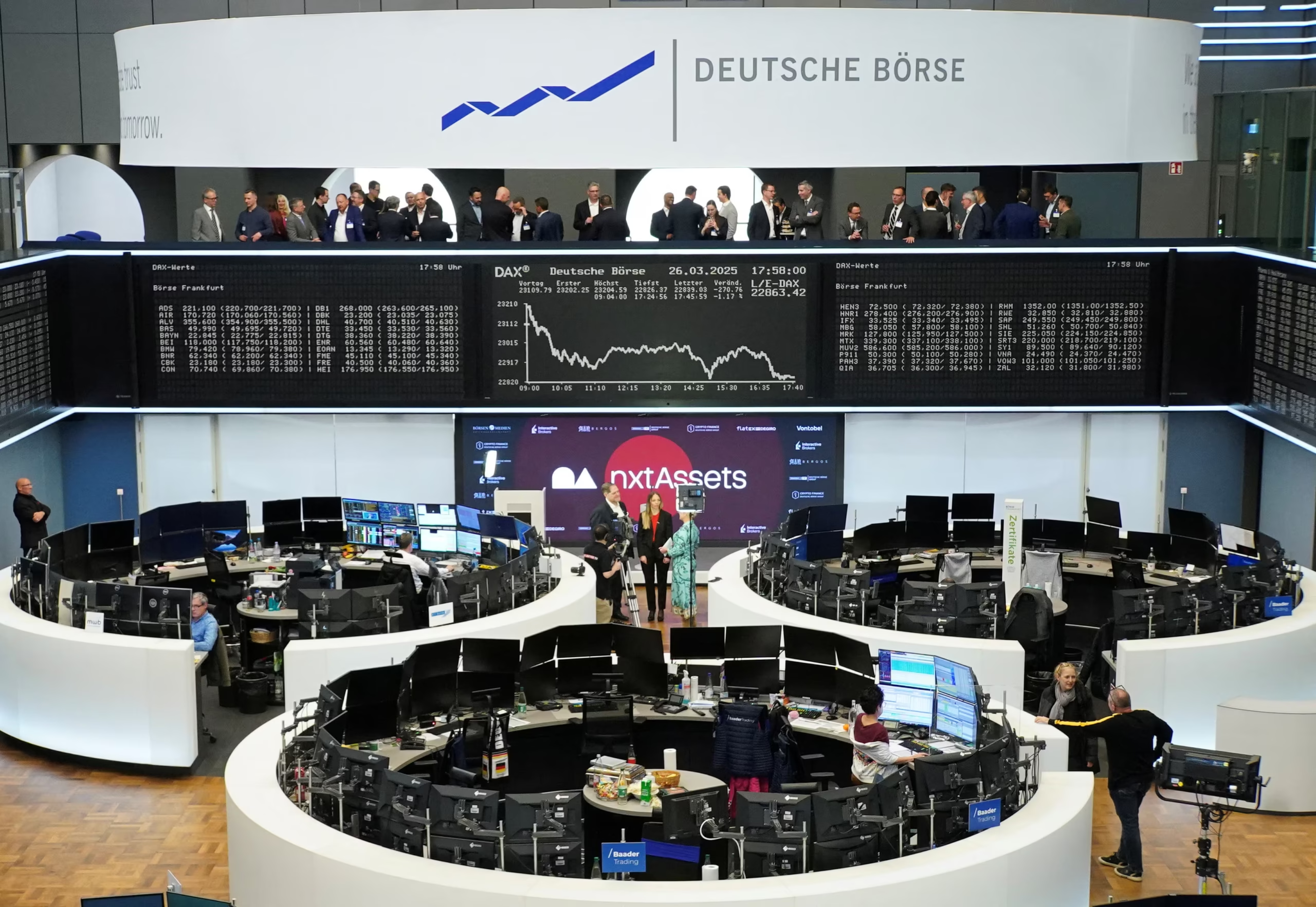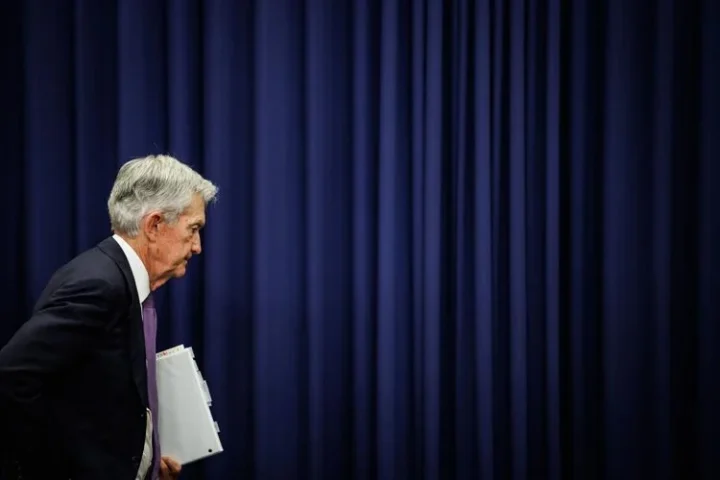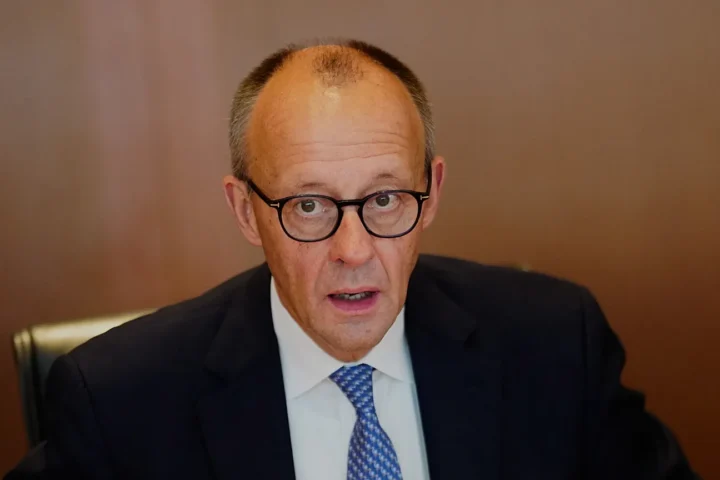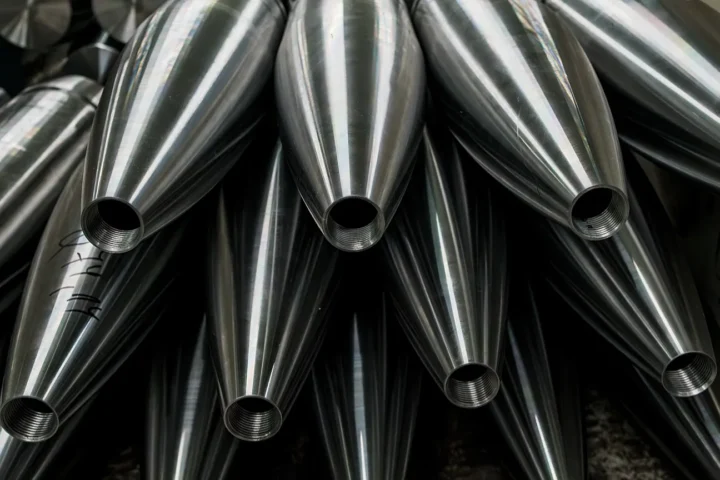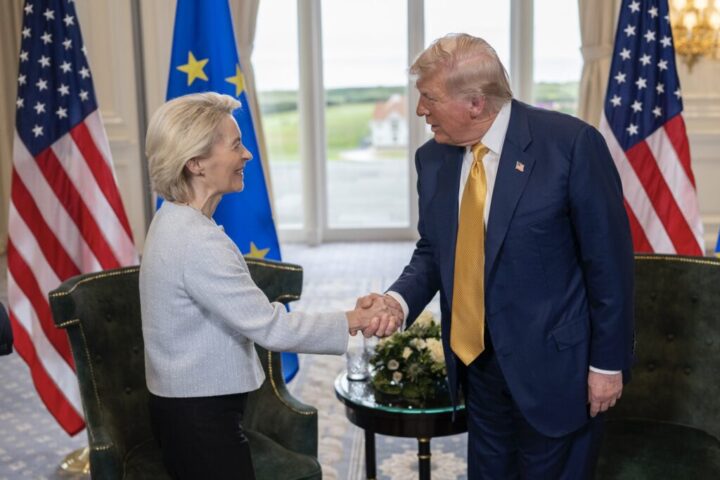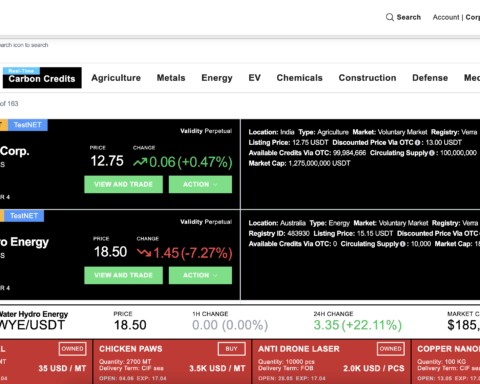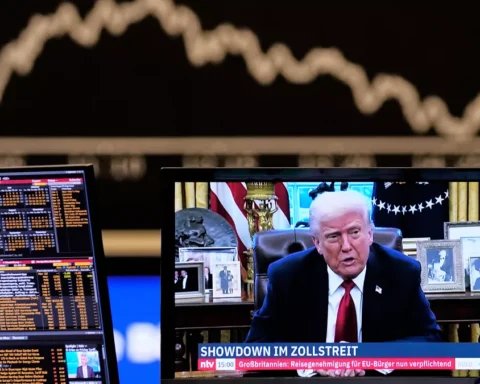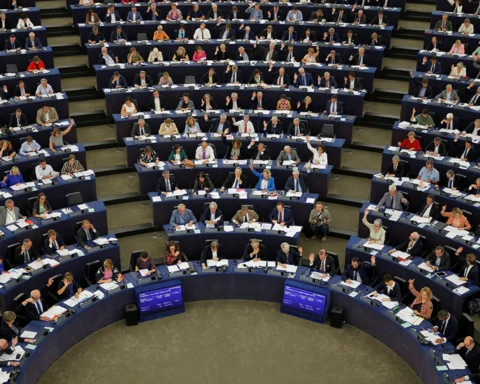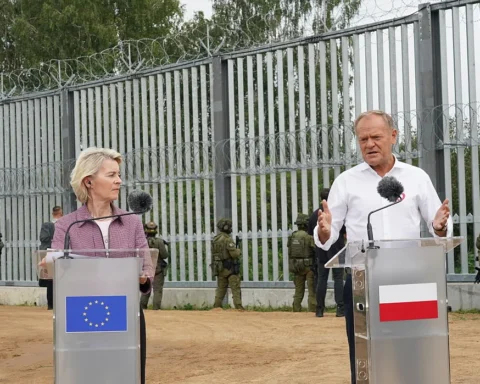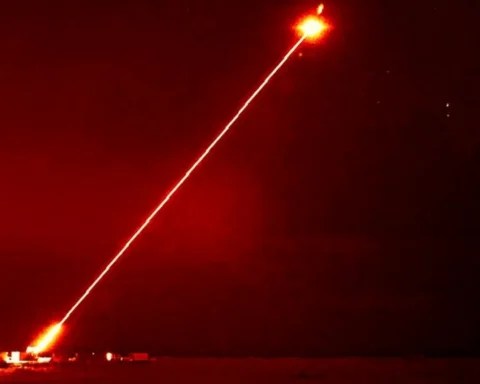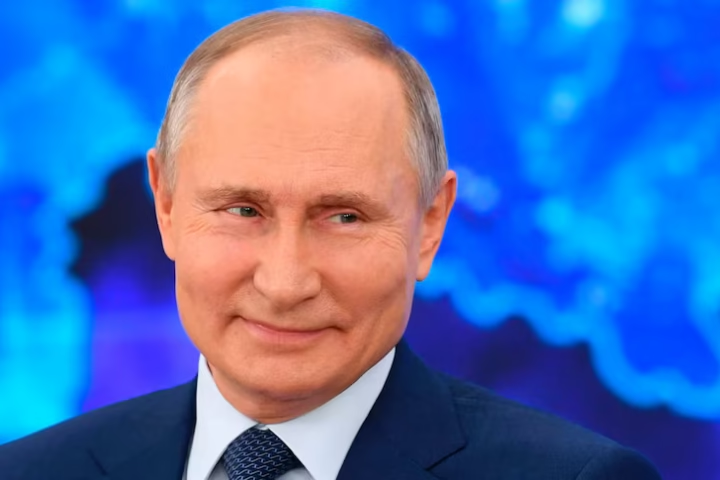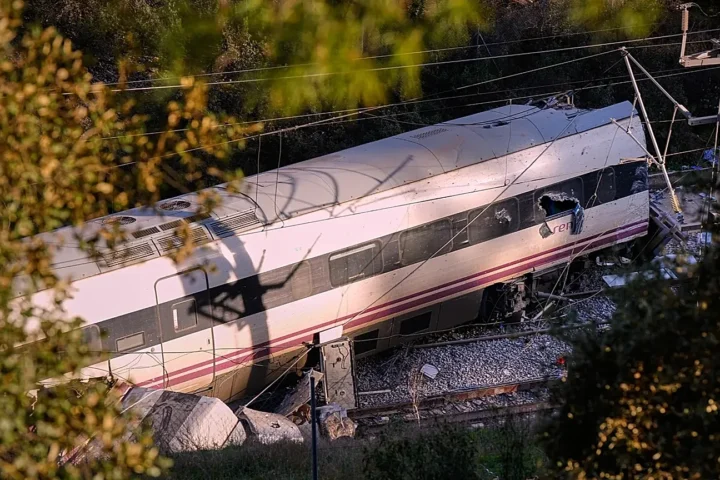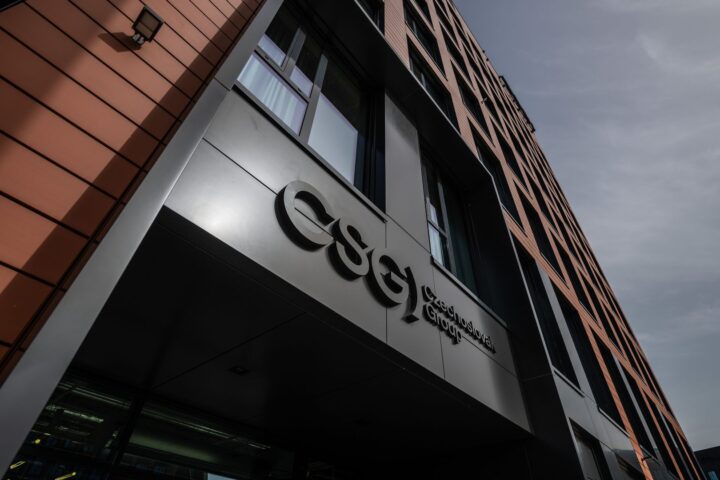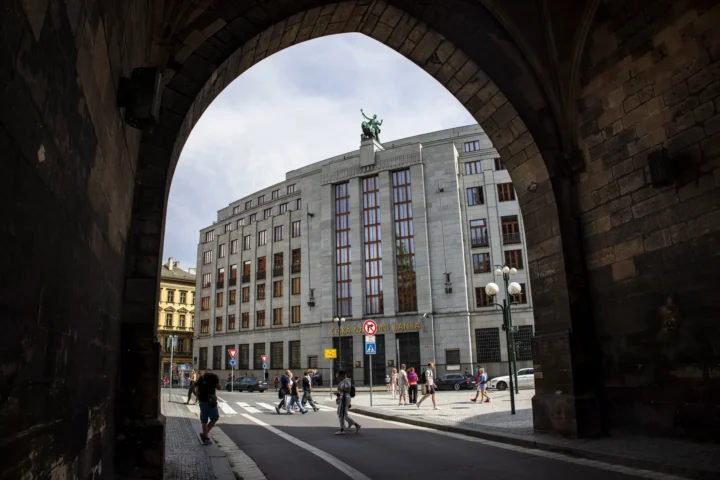The escalating conflict in the Middle East is casting a long shadow over European financial markets. While the immediate fighting is far from Europe’s borders, the economic, political, and energy ripple effects are deeply felt across the continent. From rising oil prices to investor caution and geopolitical uncertainty, the European markets are showing signs of strain — though they have not yet entered panic mode.
Stock Markets Show Caution, Not Collapse
European stock indices like Germany’s DAX, France’s CAC 40, and the UK’s FTSE 100 have experienced short-term volatility since the outbreak of the conflict. Defense and energy stocks have gained ground, while travel, tourism, and manufacturing sectors have come under pressure. Investors are cautious, watching how far the war could spread and what impact it may have on energy security and global trade.
Energy Prices Surge Again
Europe’s greatest vulnerability is its energy dependence. Although the continent has reduced its reliance on Russian gas, the Middle East remains a critical supplier of oil and liquefied natural gas (LNG). With increased tension in the Strait of Hormuz — a key shipping route for Gulf oil — fears of supply disruptions have led to:
- Rising Brent crude prices.
- Higher LNG import costs.
- Renewed inflation concerns across EU economies.
This energy shock comes just as Europe was starting to stabilize after the 2022 energy crisis, making policymakers nervous about another wave of inflation.
Euro Shows Relative Stability
The euro has remained relatively stable against the dollar, but pressure is mounting. If oil prices continue to climb, the eurozone’s trade balance could suffer, and the European Central Bank may be forced to adjust its monetary policy to prevent imported inflation from worsening.
Currency traders are also eyeing the risk of capital flight to safe havens like the U.S. dollar or Swiss franc if the conflict escalates.
Defense Sector Sees a Boost
As geopolitical risks rise, Europe’s defense sector is one of the few clear winners. Shares in companies producing military equipment, cybersecurity systems, and surveillance technology have increased in value amid expectations of higher government spending on defense across the EU.
Investor Sentiment Is Fragile
Confidence is shaky. European investors are:
- Closely watching U.S. and Iranian movements.
- Monitoring Israel’s actions.
- Pricing in risk premiums on assets tied to Middle Eastern exposure.
Institutional investors are becoming more defensive, reallocating capital into safe assets like gold, utilities, and sovereign bonds — preparing for the possibility that the conflict could evolve into a broader regional or global crisis.
Conclusion
The Middle East conflict is already shaking confidence in European markets, especially through energy price shocks and geopolitical uncertainty. While Europe has not yet seen a full-blown financial panic, the situation remains highly fluid. If the war expands or energy supply chains are disrupted, the continent could face renewed economic challenges just as it emerges from previous crises. European markets are on alert — and the next moves in the Middle East will determine just how deep the impact goes.
